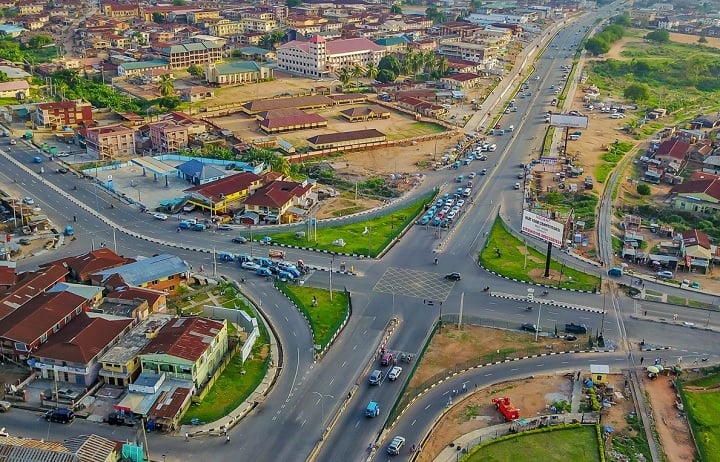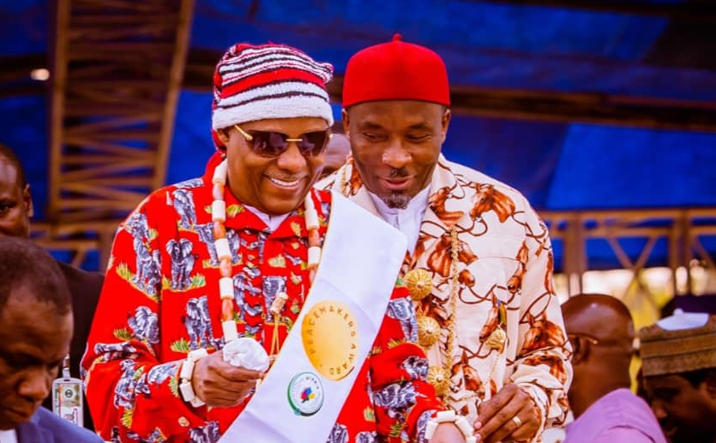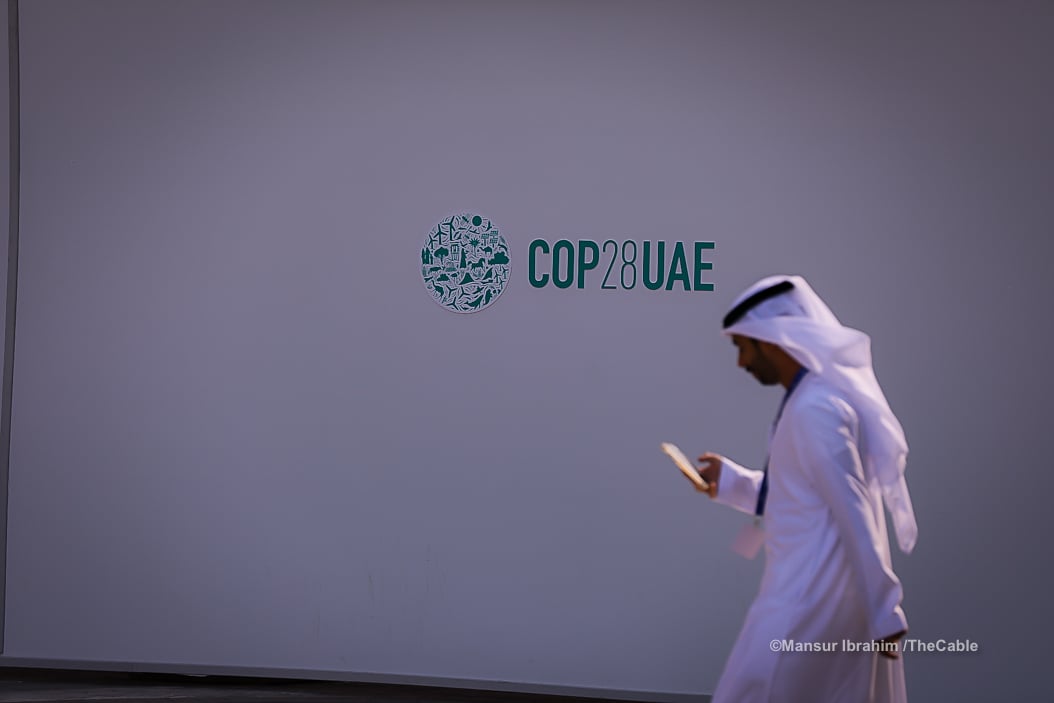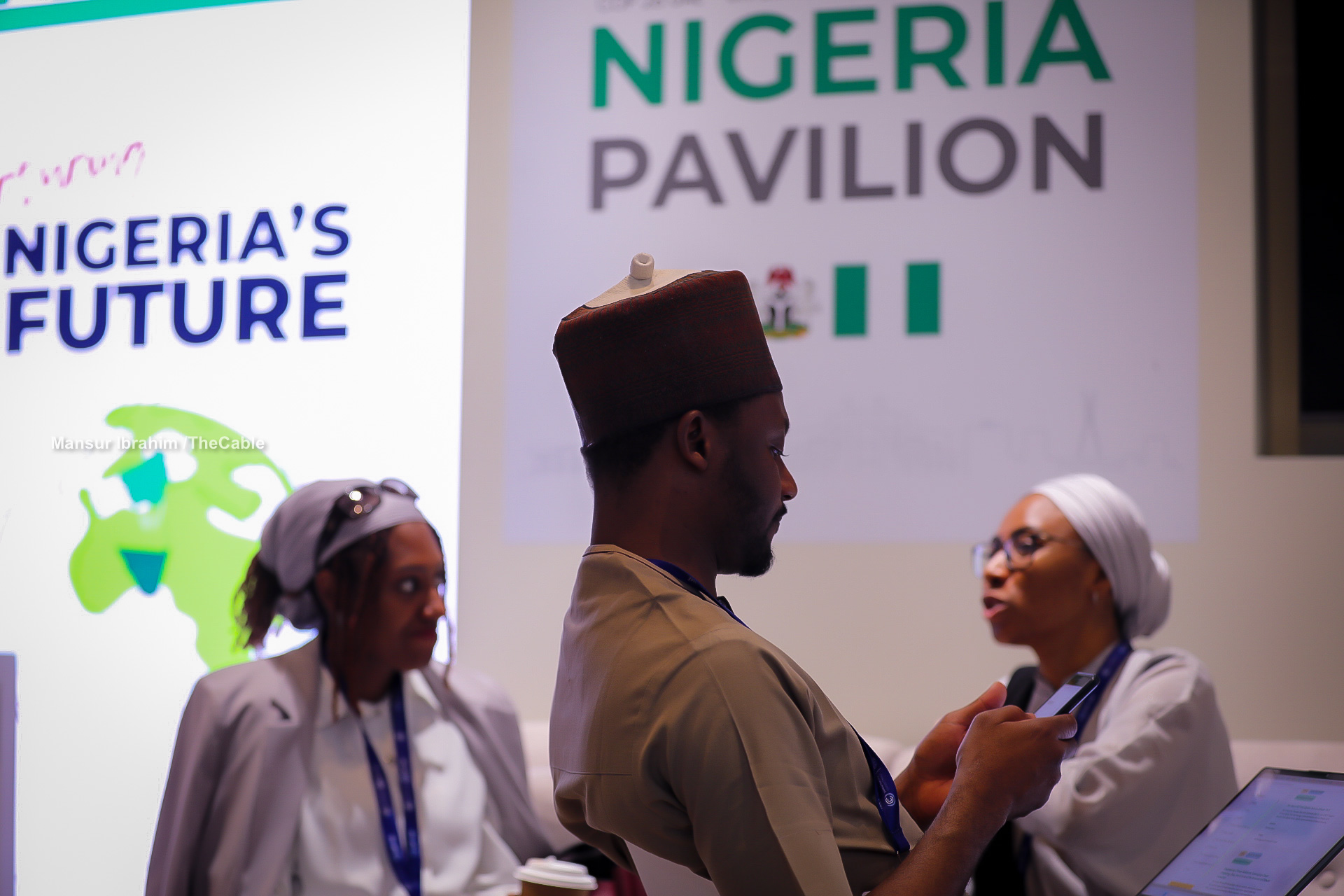IGP warns actors, skit makers against misuse of police uniforms
BY OLUFEMI OGUNTAMU
From the glitz of social media fame to the intricate behind-the-scenes workings of elaborate productions, the creator economy offers a diverse spectrum of roles and avenues for economic growth.
The creator industry is fast becoming one of the biggest markets in the world with a projected revenue of $480 billion by 2027. Currently, the industry is worth $250 billion according to a report by Goldman Sachs.
The African creator economy is now valued at about $3.8 billion and is expected to reach $18 billion by 2030. This massive growth is fueled by a combination of factors: the rising internet penetration across the continent, smartphone adoption and the burgeoning youth population. Across the African continent, content creation is emerging as a force to be reckoned with which has led to a surge in job creation and entrepreneurship. There is a long list of creators who have witnessed exponential growth within the past decade and an even longer list of aspiring creators who are looking to replicate this success.
Advertisement
Regardless of how glamorous content creation looks on social media, the process can be excruciatingly tedious and complex, requiring large teams and an even larger strategy in order to successfully achieve creation goals.
For new creators, the process of creating is one that’s straightforward and easy. All they need are content ideas, a mobile phone to record, and some editing skills or software. This is totally different for more established creators like Broda Shaggi, Kie Kie or Mr Macaroni. Productions for this category of creators are more elaborate – almost as big as a movie -and have a larger team behind it. They are scriptwriters, videographers, sound and lights men, production managers, production assistants, costume and makeup, and even security, in some cases as some of these creators have become global stars and can’t always freely move around.
The short-minute videos we watch on Instagram or TikTok take a lot of planning, as everything, even down to the location it’s shot requires deliberation. Once content has been shot, there’s a post-production process that consists of a video and sound editing— which adds all of the extra sound effects, colour grading, and subtitles.
Advertisement
In the past years, the content creation industry in Nigeria has gained more structure, and this has helped make creators more efficient. One such structure is production outfits like Victor Edem and David Cliq studios in Nigeria that handle the entire process as a unit rather than sourcing for independent professionals. This can condense the entire process of creating one video into a single week, as opposed to a month or more.
Despite the complexities and costs of creating these videos, the rewards are substantial. The demand for influencers is at an all-time high as marketing teams at companies have discovered that it’s one of the fastest ways to achieve growth.
Content creators in Nigeria charge huge sums for a single brand advert, depending on their following and engagement rate. They also get opportunities for physical and virtual gigs like hosting, guest appearances, brand deals, and acting, among others. The content that they create puts them out there and opens the door to pathways they can make much more money from, especially when they have a brand.
Social media platforms like YouTube and Facebook also pay creators for their content. However, this payment typically is lower here than in other parts of the world. Effectively monetizing digital content remains a major challenge for most creators on the continent. The standard monetization methods used in Western markets have seen limited success in Africa due to issues like low cost per mille (CPM) rates, lack of sustainable payment options and also differences in content consumption behaviour across diverse African audiences.
Advertisement
The World Bank estimates the creative economy employs a staggering 50 million people worldwide, making it the top employer for young adults aged 20-29. This presents a significant opportunity for countries like Nigeria, where a booming youth population (estimated at 60% under 25 – the highest in Africa) faces a challenging job market. The creative industry offers a promising avenue for job creation. Take Penzaarville Africa, for instance, for each skit, we employ up to 10 people in diverse roles like videographers, directors, editors, scriptwriters and others. This not only empowers young Nigerians like the ones contributing to viral skits but also offers them a chance to innovate and contribute to the global economy.
Young people bear the brunt of economic instability- as they have to deal with unemployment, inflated lifestyle costs, and even job instability. Nearly all of the people we work with are young people, and we are providing them with a sustainable way to make money for themselves and be employed as the industry is not easily affected by economic instability.
In 2008, the creative economy was among the only sectors that weathered the world trade crisis, effectively seeing a 14% annual growth. Similarly, in 2020 during the COVID pandemic, the creative sector performed better than other sectors. People are always going to consume content as content feeds into the current happenings of the world.
The opportunities in this sector span beyond just content creators: it encompasses a wide range of people who work behind the scenes. For one video content, there’s an entire team who have gained jobs. As the sector continues to expand, with projections reaching billions, it becomes clear that the creator economy isn’t just about producing content – it is about shaping livelihoods and economies.
Advertisement
Navigating the future, it’s clear that the creator economy isn’t just a trend but a fundamental shift. In embracing the creative economy, we embrace not just entertainment but also empowerment, entrepreneurship, and economic resilience.
Advertisement
Views expressed by contributors are strictly personal and not of TheCable.
Add a comment






